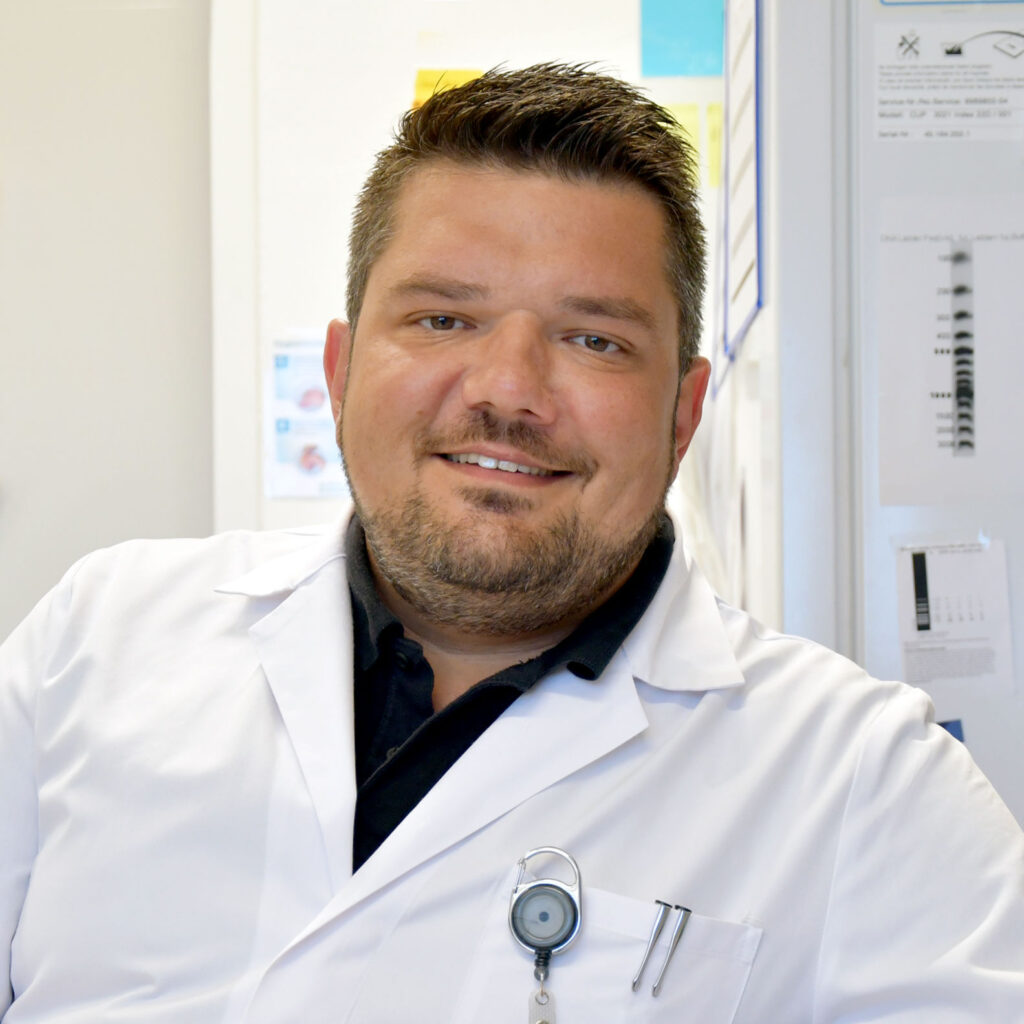
Wilfried Posch stammt aus Wörgl und studierte Molekularbiologie und Immunologie. Im Fokus seines wissenschaftlichen Interesses stehen die Erforschung neuartiger Infektionskrankheiten und deren Wechselwirkungen mit dem Immunsystem. Er ist Assoziierter Professor für Emerging Infectious Diseases an der Medizinischen Universität Innsbruck und leitet eine Forschungsgruppe am Institut für Hygiene und Medizinische Mikrobiologie. Nach seiner Dissertation über die Interaktion von HIV-1 mit dendritischen Zellen, die er unter anderem am University College London absolvierte, und einem Postdoc-Aufenthalt bei INSERM in Paris, etablierte er in Innsbruck komplexe 3D-Zellkulturmodelle mit integrierten Immunzellen. Mit seinem Team entwickelt er darauf aufbauend neue Strategien, um Virusinfektionen wie SARS-CoV-2 und HIV-1 sowie die daran beteiligten Immunantworten, insbesondere von T-Zellen, zu untersuchen.